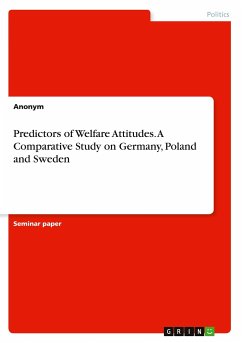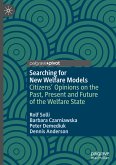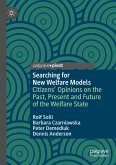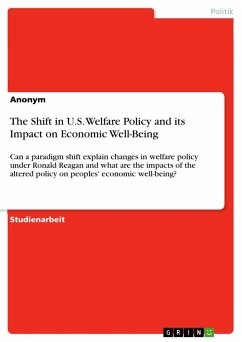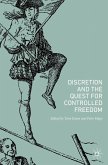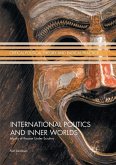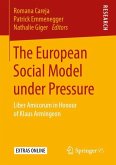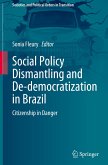Seminar paper from the year 2020 in the subject Organisation and administration - Public administration, grade: 1,7, University of Twente , language: English, abstract: This report explores to what extent different factors have an influence on the support for a basic income scheme in the European Union, focussing on Germany, Poland and Sweden. These factors focussed on in this report are a left/right scale on which respondents place themselves, whether respondents have enough money for household necessities and if the respondents are satisfied with the current state of the economy.As formulated in the hypotheses, it is expected that 'more left' people, people with not enough money, and people with a more negative perception of the economy's state are more in favour of a basic income scheme. The last hypothesis compares the data of the three countries to see which country has the biggest effect on the support for a basic income scheme for the factor of enough money for household necessities. TThese relationships are explored via the use of SPSS and the data of ESS8 is provided by the University of Twente. These relationships are tested via bivariate and multiple regression analyses in SPSS. Through this analysis, it was found that Germany and Sweden are in line with the formed hypotheses, whereas the analysis of Poland provided insignificant results for two hypotheses.

